Unlocking the Secrets of Success - Interview with Tom Whittaker
An Exclusive Interview with Tom Whittaker, Paralympic Performance Director on the Remarkable Journey of the British Para Powerlifting Team at the World Championships.
.jpg)
In a sport where every lift counts, meticulous preparation and unwavering determination set the champions apart. The recent World Para Powerlifting Championships were a testament to this, as the British team set the stage alight with remarkable performances and new records. The hard work, strategic training, and camaraderie within the team have propelled them into the limelight, securing them a golden spot on the global platform. As the dust settles, we caught up with Tom Whittaker, a pivotal figure in the team’s journey, to delve deeper into the strategies, inspirations, and the broader vision that steered the team towards this monumental success.
Looking back at the World Para Powerlifting Championships, the team brought home multiple medals and set new personal bests. Could you speak on the approaches adopted in their training regimes that may have contributed to these successes?
The athletes spent months in general training trying to raise their potential to produce force by focusing on muscle mass development and improving the capacity of supporting tissues. For several training periods alongside general strength work they were working to failure under different progression models to either increase muscle volume or capacity of tissues.
As time passed and the champs moved closer, training became less fatiguing and more intense. A lower volume and greater specificity (load, movement and time) was building to grove the pattern and shift the emphasis towards voluntary activation of motor units and execution/co-ordination of skill under competition specific loads. In the weeks leading up to the competition, the athletes focused on managing fatigue and maintaining consistency in their nutrition, sleep, and other recovery strategies to ensure they reached the championship in peak physical condition. For many, there was a significant emphasis on effective travel preparation, including travel management, heat management, and strategies to combat jet lag. These efforts were crucial in optimising their performance potential in the overseas competition environment.
Olivia Broome's gold medal performance was truly remarkable. Can you shed more light on her journey and the kind of motivation her achievement brings to the team?
Olivia's journey is now filled with triumph. She developed rapidly as a junior and established a record-breaking trajectory from 2016 to 2019. Her technical skills reached a stable and exceptionally high level between 2019 and 2023. Thanks to her exceptional strength, she consistently out-lifted seasoned elite lifters from around the world, rarely missing a lift. Now, she not only maintains her lifting prowess but also outperforms them all in bench press as well.
.jpg)
Photo by: International Paralympic Committee
"The impact on the squad will be huge. It will inspire but it will also motivate as Olivia’s humility will make this unbelievable gold medal seem more achievable to other younger members of the squad."
The Championships saw several athletes securing spots in the top rankings for the Paris Games. How does this shape the team’s focus and strategy moving forward?
We currently have the largest group ever in or near the top 8 slots. The strategy for individuals will involve making sound decisions regarding the events they choose to attend. While some events are mandatory, others can be skipped if individuals require additional time to improve their form. The crucial factor will be committing to the right events while maintaining good health and productivity in training.
How has the collaboration with UK Sport and other partners facilitated the team's preparations and performances at the Championships?
Expertise from UK Sport contributes to shaping high-level decisions and strategic focus. The impact of this expertise is often delayed and difficult to measure, but it is evident in the recruitment of talented individuals and investments in key projects that ultimately make a difference in the long run. Other system partners provide support in the fields of science and people development, all of which help individuals stay sharp, reflective, and continually cultivate themselves, thus enhancing their impact on others.
Given that this was one of the most successful world championships for the team, what do you think has evolved or improved in their approach compared to previous years?
The performance program has demonstrated an effective structure and approach to preparing athletes for many years. During the general, less specific training periods, athletes develop the capacity to generate and tolerate more force, which ultimately benefits their future performance. As the competition draws nearer and training intensity increases, this preparation equips them to handle a high-intensity, highly specific training volume before departing for the event.
Years of continuous refinement and optimisation of the program's elements became particularly evident when applied to a larger group of athletes. It was truly gratifying to witness the successful implementation of load management and the crucial between-session recovery strategies among athletes within the largest team ever sent overseas to a World Championships. Furthermore, athletes effectively executed overseas strategies, including rigorous travel management and the implementation of jet lag protocols. Some teams closely monitored sleep patterns and daily activity data to optimise their routines and seamlessly adapt to the overseas environment. These efforts paid off, contributing to the team's overall success.
Can you speak about the synergy within the team and how this camaraderie has been a contributing factor to the team's overall success?
Our approach is centered around planning, providing, and designing a program of experiences for our athletes. These experiences may not necessarily be unique once-in-a-lifetime events, but rather moments they can collectively share. We believe that the volume of shared experiences, whether within a team sport or among a group of individuals, is essential for thriving in high-pressure environments and sustaining strong relationships.
This synergy is continually growing, with increased support and a deeper understanding of each other's individual moments in time. These aspects are results of the concerted efforts we put into fostering a shared and agreed-upon way of working within the team.
.jpg)
Photo by: International Paralympic Committee
"Through this alignment, we naturally foster an environment where people support and encourage one another. Each individual's unique story and purpose resonate with those around them, creating a sense of unity and shared purpose within the group."
Lastly, as we look towards the future, could you share some insights into the broader vision for British Para Powerlifting, particularly with the Paris Games on the horizon?
Our goal is to send the largest team to a Para Games in over 20 years. While our immediate aim is to secure medals at the upcoming games, our long-term vision extends beyond that. We aspire to have more athletes competing in a wider range of bodyweight classes, consistently ranking in the top 8. Looking ahead, our target is to send a maximum team of 16 athletes to future games. With this expanded presence, we are confident that we can challenge for medals within 3-4 years of each top 8 athlete's career. This strategic approach will not only enhance our current performance but also ensure sustained success in the years to come.
.jpg)
Photo by: International Paralympic Committee
Partners
-
 Official Partner
Official Partner
-
 Official Equipment Partner
Official Equipment Partner
-
 Official Partner
Official Partner
-
 Official Partner
Official Partner
-
 Official Photography Agency
Official Photography Agency
-
 Official Partner
Official Partner
-
 Official Partner
Official Partner
-
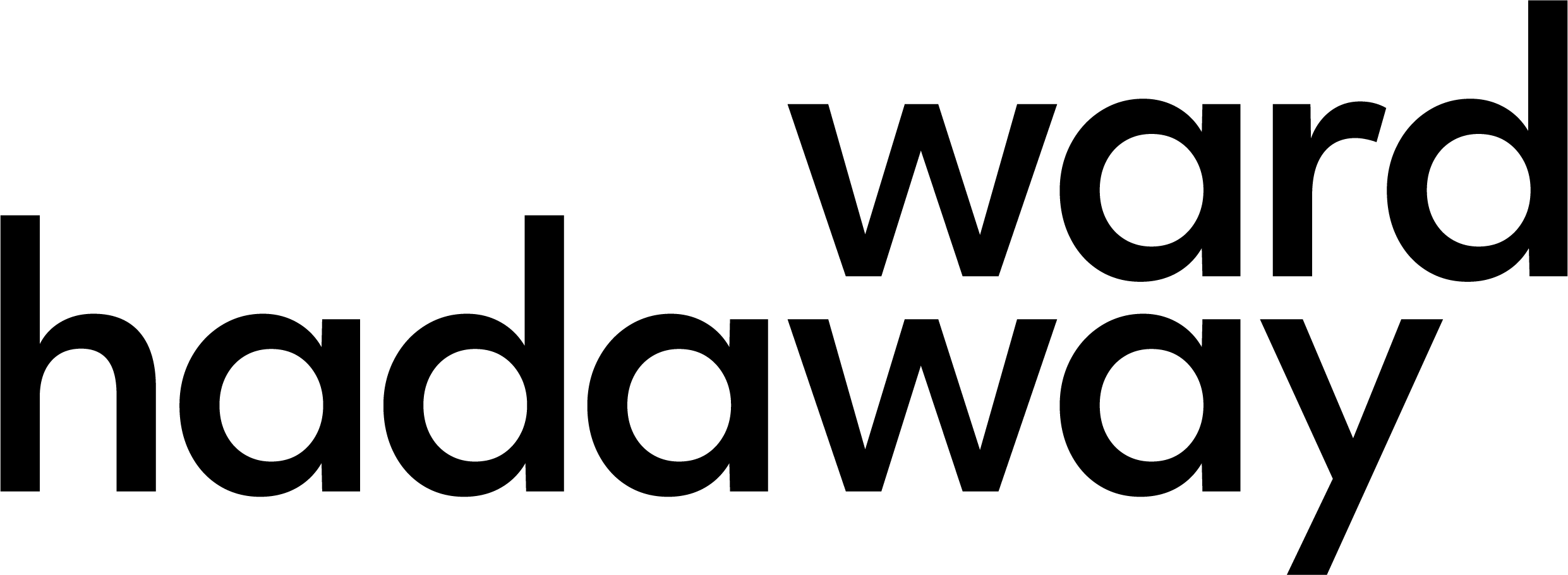 Official Partner
Official Partner
-
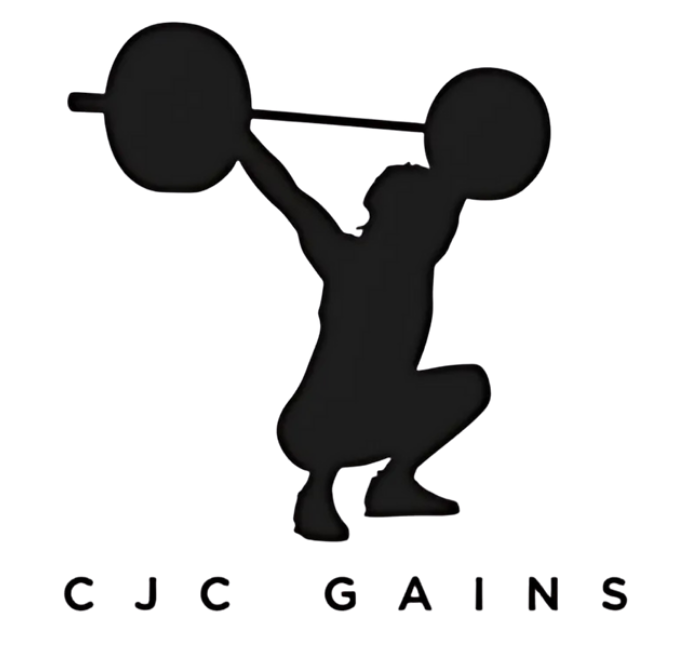 Official Partner
Official Partner
-
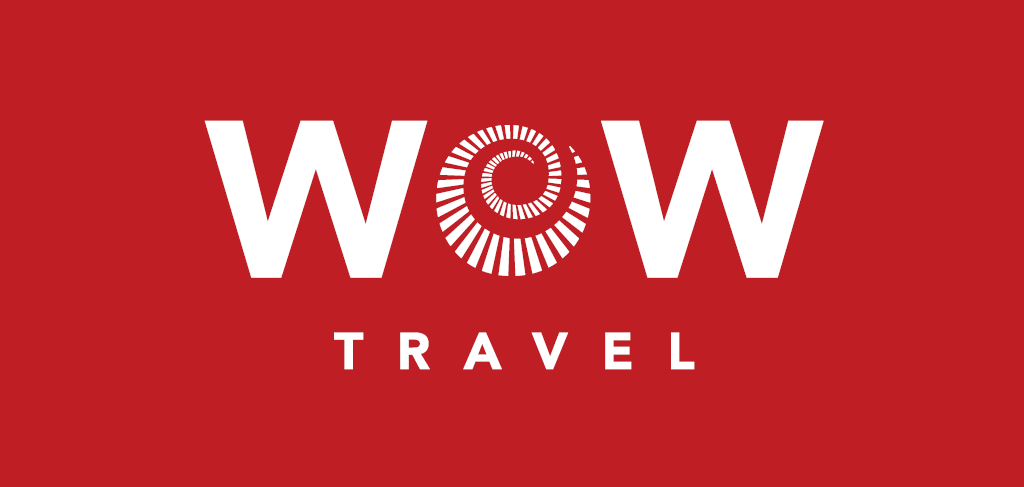 Official Travel Partner
Official Travel Partner
-
 Partner
Partner
-
 Funding Partner
Funding Partner
-
 Funding Partner
Funding Partner
-
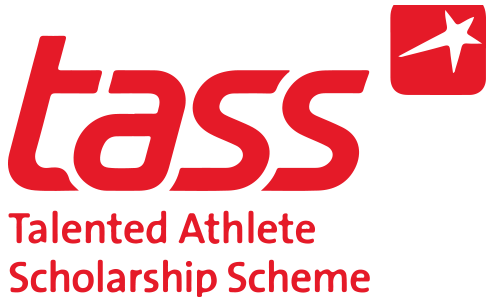 Funding Partner
Funding Partner
-
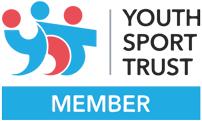 Official Strategic Partner
Official Strategic Partner
-
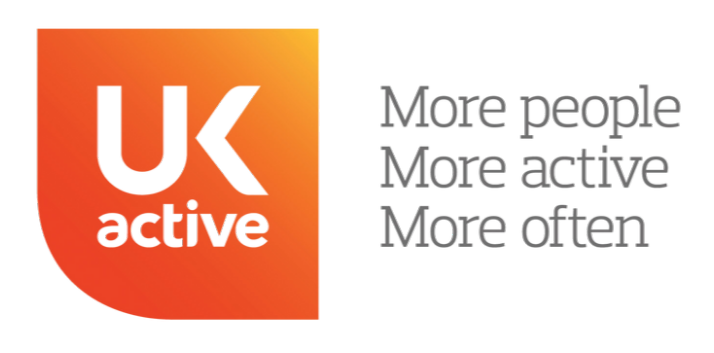 Official Strategic Partner
Official Strategic Partner
-
 Official Strategic Partner
Official Strategic Partner
-
 Weight Lifting Foundation Charity
Weight Lifting Foundation Charity
-
 Official ELearning Partner
Official ELearning Partner
-
 Official Awarding Organisation
Official Awarding Organisation
-
 Official Course Endorsement
Official Course Endorsement


